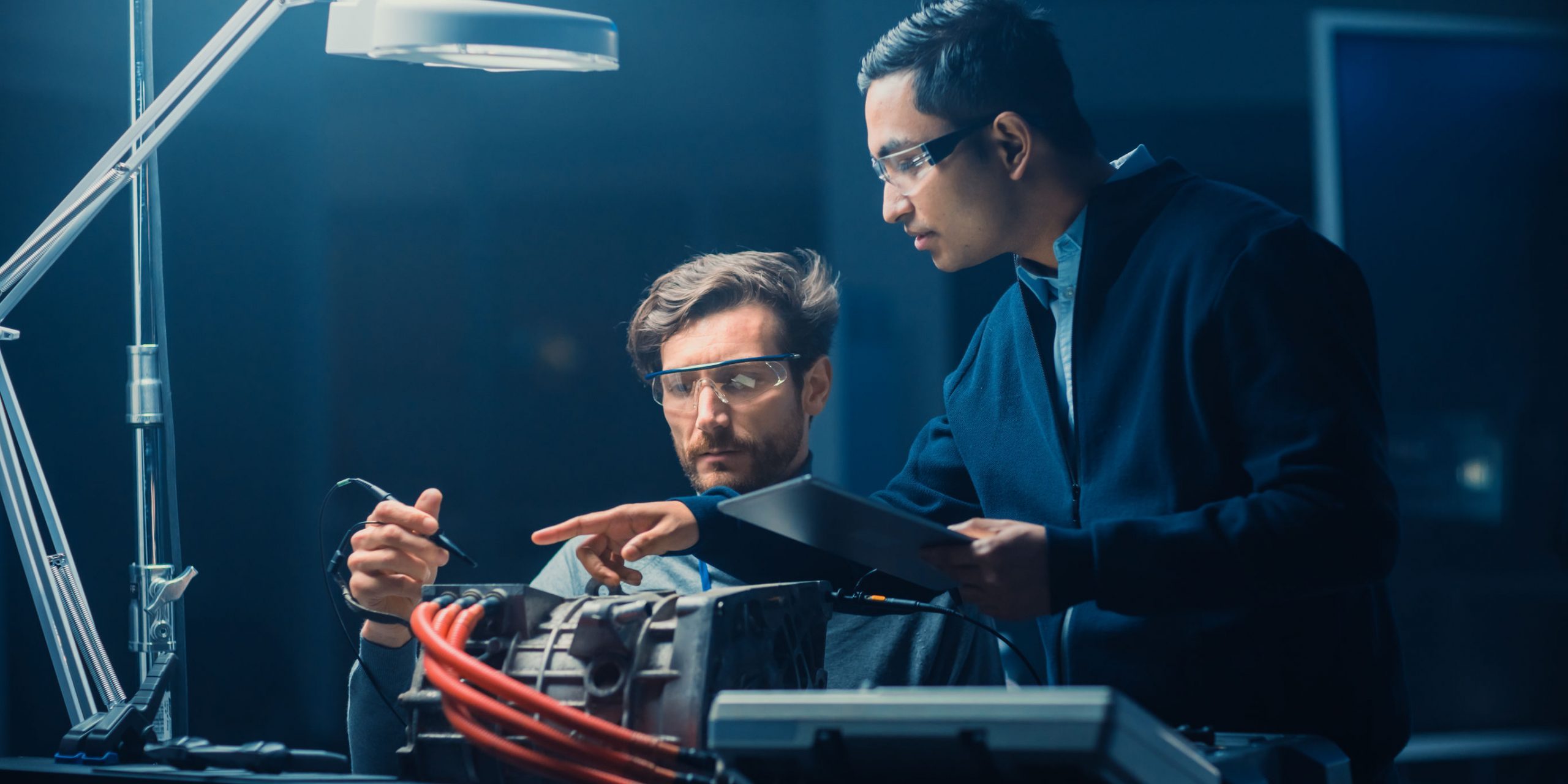The auto industry is a massive worldwide industry made up of large multinational corporations responsible for producing cars, trucks, and busses for mass transit. These automakers are often referred to as (OEMs) Original Equipment Manufacturers like Toyota, Ford Motor Company, General Motors Corporation, Volkswagen, and many more. These companies are then supported by their multi-tiered supply chain, which consists of global or local suppliers.
This industry is continually evolving out of necessity to combat specific issues such as product design, changes in market demands, lengthy development periods leading to delayed revenue generation, and many more regarding modularization, logistics, and product quality.
The solution to address these issues is collaboration. This article will discuss what collaboration is, why it’s essential, and how EMS companies can be a part of it by enrolling their staff in an electronic training institute.
What Is Collaboration?
Collaboration is more than just merely working together, bringing together automotive OEMs, equipment and materials companies, design centers, and R&D and electronics manufacturing training institutes.
In the auto and electronic industry context, collaboration is also a partnership with the government and electronics manufacturing training facilities to build infrastructure and set regulations. It is a crucial element in making sure that the automotive industry can navigate the future.
Why Is Collaboration Important?
In the past, car manufacturers independently worked because they want to maintain their advantage over their competitors. Because of this desire to protect their so-called secret sauce, standardization is left as an afterthought in the whole manufacturing process, even as technology evolves. Each company develops standards of its own, which they will then communicate to their suppliers.
This process causes a lot of problems discussed earlier. But when automakers follow a collaborative industry standard, this rids them of the burden of building and maintaining their own internal standards. They can dedicate all their time and effort to research and development.
With collaboration, standards are set earlier in the development process, making for better supply chain support, cost-effectiveness, and further technology development.
When automakers and their supply chains come together for quality process standardization for automotive electronics, suppliers will understand customer requirements because both will have to adhere to standards. In turn, this will enhance the efficiency and consistency of the suppliers. This also results in faster onboarding, and they don’t even have to worry about disclosing proprietary information.
Final Thoughts
Working together is the best way to evolve. With the growing cooperation between automakers and their suppliers, information systems and data transfer issues arise. And so, standards need to be made.
Fortunately, the Automotive Industry Action Group (AIAG) and the Original Equipment Association (OESA) are making progress regarding this matter by publishing standards that will enhance business process, manufacturing, and product development collaboration.
As with any industry, coming together to create a standard will benefit every organization. Carmakers can quickly identify areas of improvement as they work side-by-side with their suppliers throughout the development process, making them gain control of their products’ quality and reliability.
There’s a growing trust in the collaboration process. With electronics industry leaders at the helm of this shift, the automotive industry will reach new heights as collaboration develops and enhances standards, thus accelerating innovation.
Leverage the paradigm shift, and be part of the future. Nothing screams ‘standards’ more than an IPC certification. If you’re an electronics manufacturing services provider, you can do this by enrolling your staff in an electronic training institute.
Contact Blackfox for your IPC training needs today at (888) 837-9959 or at [email protected].






